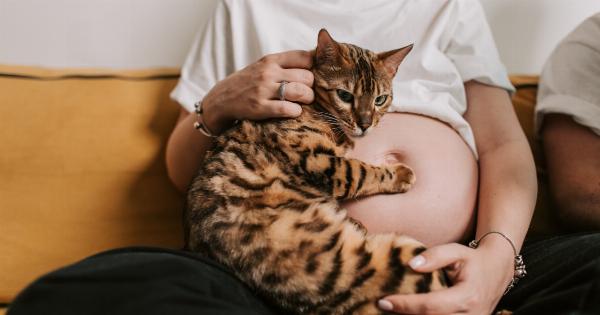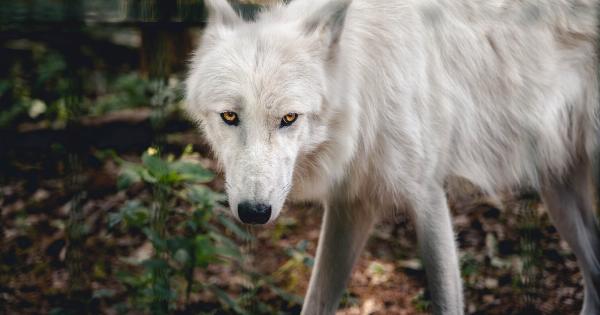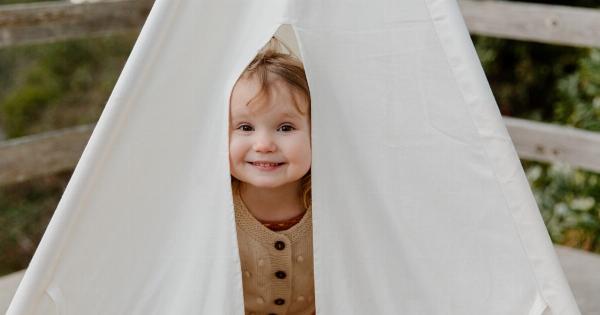Pregnancy is a time of joy, anticipation, and many changes. One major consideration for expectant mothers is whether they should continue to own pets during pregnancy.
There are various concerns associated with pet ownership during this time, including potential health risks for both the pregnant woman and her unborn baby. To gain a deeper understanding of the attitudes and experiences of pregnant women with pets, a survey was conducted. This article presents the survey results, shedding light on the relationship between pregnancy and pet ownership.
The Survey
The survey was conducted online and targeted pregnant women who currently owned pets. A sample size of 500 pregnant pet owners participated in the survey. The respondents belonged to diverse age groups, ethnicities, and geographic locations.
The questions aimed to gather information about the types of pets owned, the overall satisfaction of pet ownership during pregnancy, and any concerns or issues that arose during this time.
Demographics
Among the survey participants, 65% owned dogs, 30% owned cats, and 5% owned other pets, such as birds or small mammals. The majority of women surveyed (82%) reported feeling very satisfied with pet ownership during their pregnancy.
This suggests that for most pregnant women, owning pets is a positive experience.
Health Concerns
Despite the overall satisfaction with pet ownership, some respondents expressed concerns about potential health risks associated with pets during pregnancy.
The most common concern was the risk of contracting zoonotic diseases, such as toxoplasmosis or cat scratch disease. These diseases can be transmitted from pets to humans and may pose a risk to the developing fetus. However, only 17% of the respondents reported consulting their healthcare provider regarding these concerns.
Upon analyzing the data, it was found that the level of concern varied depending on the type of pet owned. Among dog owners, 22% expressed worry about zoonotic diseases, while only 15% of cat owners shared the same concern.
This may be attributed to the fact that toxoplasmosis is primarily associated with cats and their litter boxes. Nevertheless, it is important to note that the risk of contracting these diseases can be mitigated through proper hygiene practices and regular veterinary care.
Support and Companionship
One significant finding from the survey was the emotional support and companionship provided by pets during pregnancy. Over 90% of pregnant women reported feeling emotionally supported by their pets during this time.
Pets offered comfort, reduced feelings of stress, and provided a source of unconditional love. Their presence also helped pregnant women feel less lonely and more connected to their surroundings.
Preparation and Safety Measures
In terms of preparation and safety measures taken by pregnant pet owners, 70% of the respondents reported taking at least one action to ensure the well-being of their pets.
The most common actions included regular veterinary visits (48%), maintaining good personal hygiene (40%), and seeking advice from their healthcare provider (30%). These actions indicate that pregnant women take proactive steps to ensure the safety and health of both themselves and their pets.
Benefits of Pet Ownership
Pets can bring numerous benefits to pregnant women beyond emotional support. They encourage physical activity and exercise, which is beneficial for maintaining overall health during pregnancy.
Additionally, pets can help in reducing anxiety and stress, which are common during this time. The survey found that pets also provided a sense of normalcy and routine, creating stability in the lives of pregnant women.
Conclusion
The survey results indicate that the majority of pregnant women continue to find pet ownership rewarding and beneficial.
Despite concerns about potential health risks, these worries can be alleviated through proper education, hygiene practices, and regular veterinary care. The emotional support and companionship offered by pets during pregnancy play a crucial role in maternal well-being.
Ultimately, the decision to continue pet ownership during pregnancy should be based on individual circumstances, with due consideration given to the pet’s health and the pregnant woman’s comfort.






























